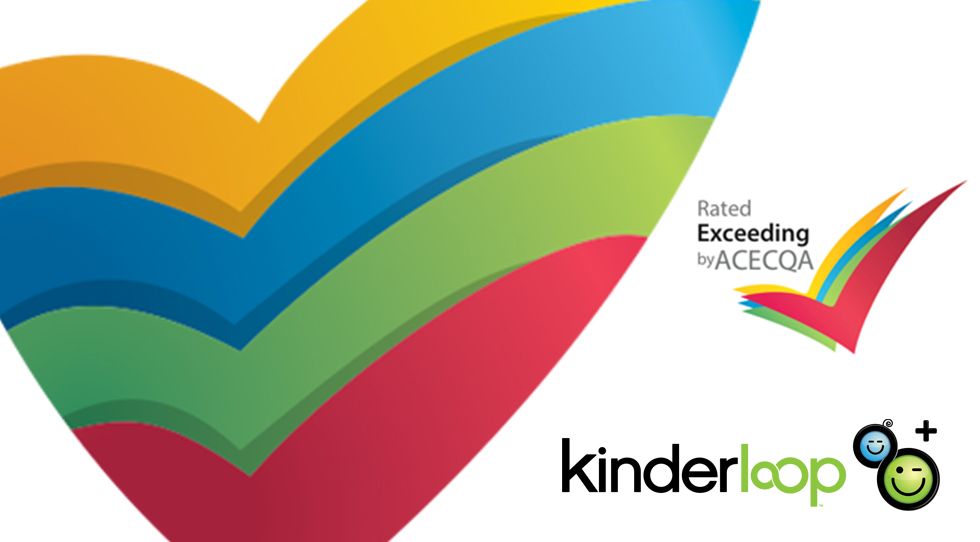Ways Kinderloop can help YOU with Assessment and Rating
Hello fellow Kinderloopers! I want to show you some simple steps to help your centre prepare for assessment and rating, using your private Kinderloop in a variety of ways. Let’s start with creating a post of your choosing. Whether it’s a post about a child, a group of children, an observation, or a reflection. After […]

